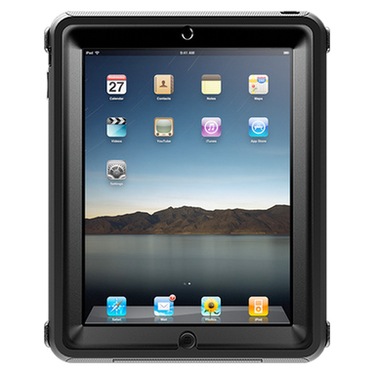Seventy-six percent (76%) of consumers who use digital health tools say their health apps/devices have made them healthier. And 59% of consumers who use digital health tools use them at least once per day.
Another 57% responded that using digital health tools has helped to lower their healthcare costs. The results are based on a March HealthMine (www.healthmine.com) survey of 500 insured consumers who use mobile/internet-connected health tools.
Consumers are taking more steps towards digital health. There are now nearly 165,000 health-related apps which run on Apple’s iOS and Google’s Android. PwC, a consulting firm, forecasts that by 2017 such apps will have been downloaded 1.7 billion times. Add to that 10 million activity trackers and 7 million smart watches shipped by the end of 2014 (ABI Research), as well as a growing crop of other internet-connected health devices. According to HealthMine’s survey, these tools—when used consistently—can drive up healthier behavior and drive down healthcare costs.
Despite the growth in health app and device usage, some consumers need more engagement and/or education to reap the benefits of these tools. HealthMine’s survey found that, for those who are using digital health but not seeing the advantages, low usage is the number one reason, followed by a lack of understanding of what to do next/differently.
“The benefits of connected health are just starting to be realized. Real-time data can help drive the right health actions at the right time,” said Bryce Williams, CEO and President of HealthMine. “Improving health status one person at a time can add up to improved population health.”
The HealthMine Survey queried 500 consumers who use mobile and/or Internet-connected health applications/devices and are enrolled in a 2016 health plan. The survey was fielded by Survey Sampling International (SSI) in March of 2016. Data was collected via an opt-in panel. The margin of error is 4%.



